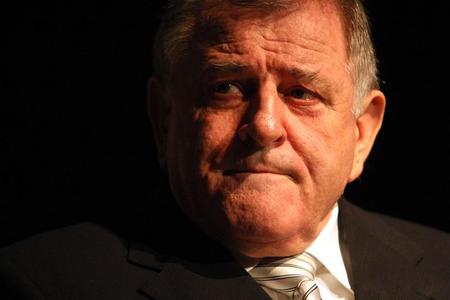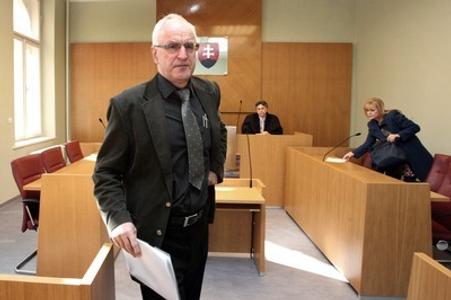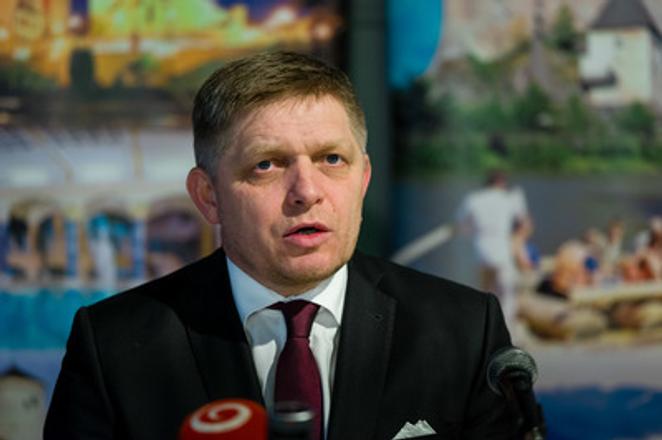The current statements of Prime Minister Robert Fico concerning the possibility of scrapping the controversial Mečiar’s amnesties are at odds with what he said at the end of last year.
While last year, Fico insisted that it is not possible to scrap them, this year, in a video published on March 4, he said that he wants to find a way to cancel them, the Sme daily reported.
“Probably the best way would be to enable the Constitutional Court to decide whether such a procedure is even possible,” Fico said, as quoted by Sme.
If the court decides it is possible to scrap the amnesties, Fico does not see any reason “why not to do so”.
Fico changed his mind shortly after the polling agency Focus published the results of its later poll in early March, which suggested that up to 63 percent of people would approve of scrapping the amnesties with a constitutional law.

The topic was re-opened also after introducing the film Únos (Kidnap) in cinemas. The movie is inspired by the case of the kidnapping of the son of late Slovak president Michal Kováč to Austria in 1995, Sme wrote.
The proposal to scrap the amnesties is currently in parliament. The MPs should discuss the draft, submitted by opposition deputies, at its March session.
Statements differ throughout the years
When serving as an MP for the Party of the Democratic Left (SDĽ), Fico described the sanctions as unprecedented, non-qualified, and that they seriously violated the practice of granting amnesties, as reported by Sme.
He also said back in 1998 that with amnesties, former PM Vladimír Mečiar seemed to admit responsibility for the deeds pertaining to the abduction, as reported by the SITA newswire. However, this did not prevent Fico from forming a coalition with Mečiar’s Movement for a Democratic Slovakia and Ján Slota, then chair of Slovak National Party, in 2006.
Both Mečiar and Slota were active politicians with power at the time the abduction, reportedly organised by the Slovak Information Service (SIS) intelligence agency, took place. SIS was led by Mečiar’s nominee Ivan Lexa. The aim of the kidnap was allegedly an effort to discredit Kováč, who had opposed Mečiar.
The amnesties were issued in 1998 by Mečiar, who was then acting as deputy president, Sme wrote.

Back in 2006, Fico claimed that the amnesties cannot be scrapped, adding that everybody who proposes it should be stripped of their lawyer diploma. He changed his mind in November 2007, however, after a serious conflict with Mečiar. They settled their dispute a month later and Fico again went back to his previous position.
Fico closed the debate about amnesties in late 2016 when his government approved the draft declaration condemning the amnesties in November. Subsequently, the declaration was passed in parliament by coalition MPs, Sme wrote.
Two Smer members, meanwhile, admitted they would support scrapping the amnesties: Culture Minister Marek Maďarič and MP Erik Tomáš, who also serves as Fico’s media advisor.


 PM Robert Fico (source: SITA)
PM Robert Fico (source: SITA)